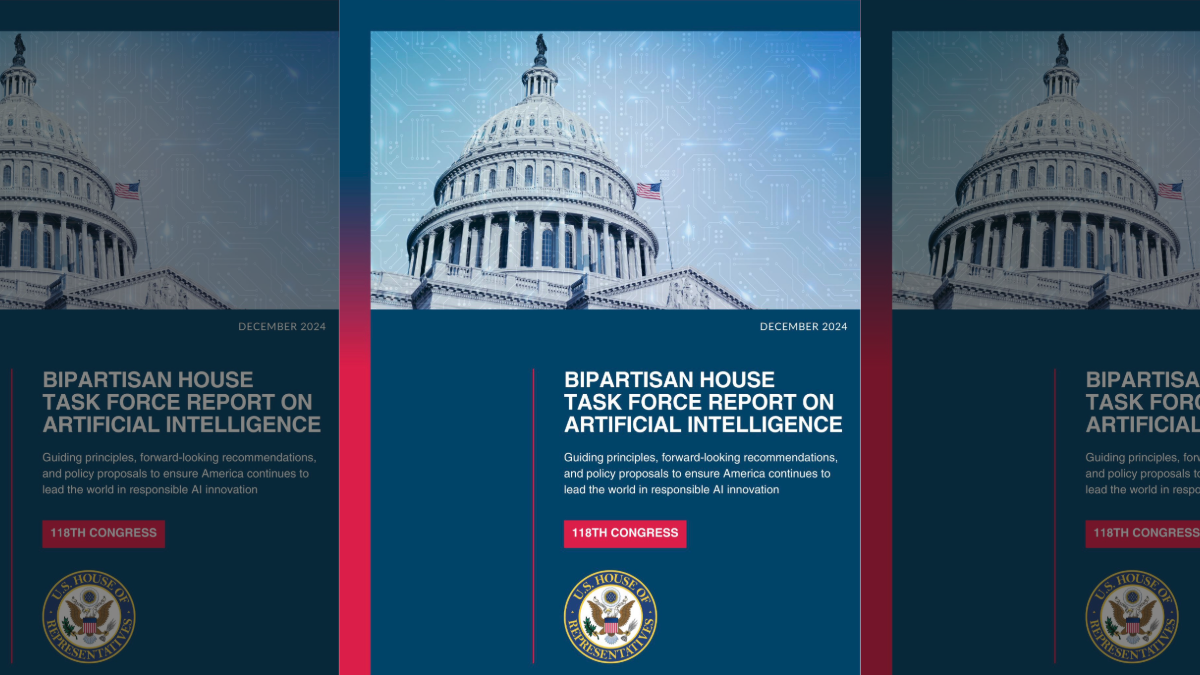Kate Brennan, Associate Director of the AI Now Institute:
The Bipartisan House Task Force on AI released a 253-page report gesturing towards the many material harms of rapid AI adoption while providing few meaningful policy recommendations to address it. While it is encouraging to see the report articulate the harms perpetuated by algorithmic-decision making—such as bias, discrimination, and worker dislocation—the report is heavily tipped in favor of AI adoption and acceleration, even in sectors where the benefits of large-scale AI systems are less than proven.
In real time, we are watching large-scale AI become central to claims of US economic and national security interests. As such, it is no surprise to see national security and energy accelerationism take center stage in the report—including findings that ‘AI is a critical component of national security’ and ‘maintaining a sufficiently robust power grid is a necessity.’
While government reports articulating technological harms are important, we cannot shift attention away from critical sectors—including the defense industry, energy sector, and workplaces—where wholesale AI adoption and acceleration faces few legislative hurdles. Just this week the National Defense Authorization Act passed swiftly through the House and Senate this week, filled with troubling provisions to accelerate AI adoption and private industry entrenchment across the Department of Defense. Earlier this week it was reported that President Biden is considering executive action to fast-track the construction of data centers for AI, which would allow data centers to exceed pollution limits and dominate access to power supply. A policy agenda meaningfully addressing these troubling trends is critical.
To read more, click here.
Research Areas
